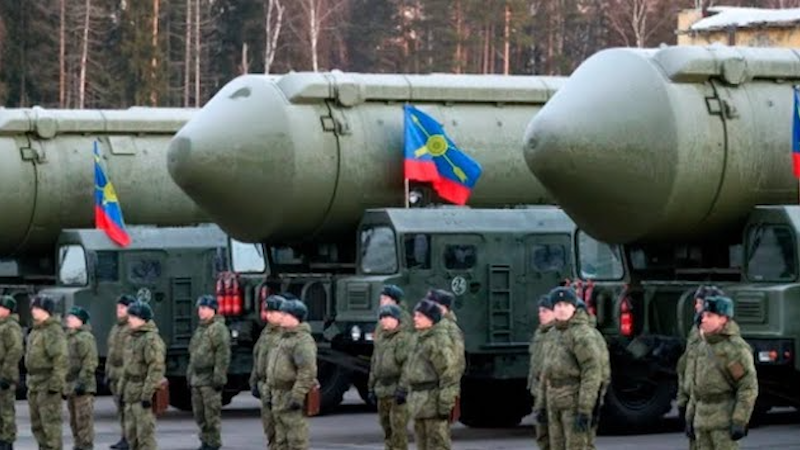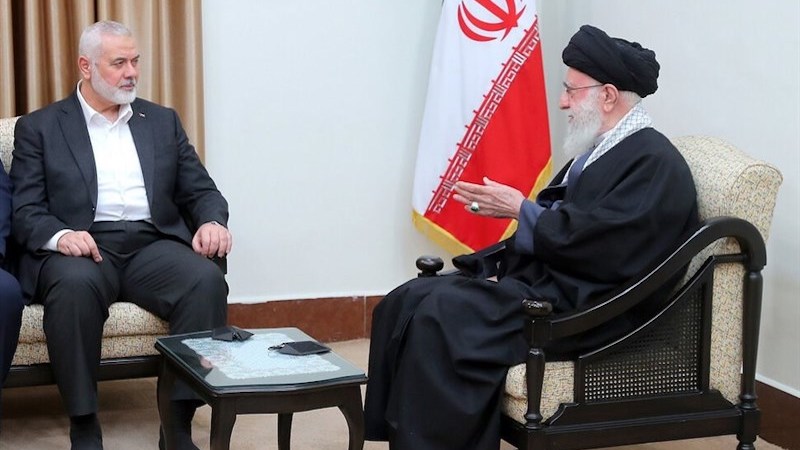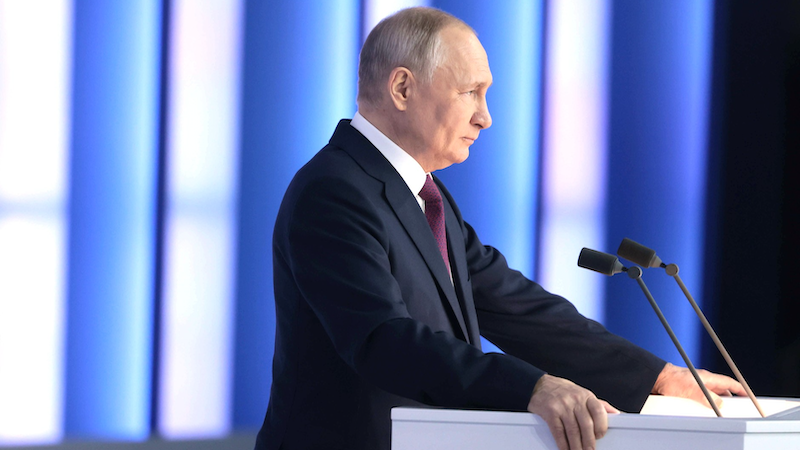

As the United Kingdom barrels towards its 2024 General Election, a disquieting reality has come into sharp focus: the glaring absence of meaningful discourse on disability rights and accessibility. This oversight is not merely a political misstep; it’s a damning indictment of a system that has long marginalised a significant portion of its population.
With approximately 16 million disabled people in the UK – a quarter of the nation’s populace – one might expect disability issues to be at the forefront of political campaigns. Yet, as the manifestos of the major parties unfold, it’s becoming increasingly clear that the needs and rights of disabled individuals are being relegated to the periphery of political consideration.
The Conservative Party, helmed by Prime Minister Rishi Sunak, has put forth a manifesto that is alarmingly sparse on policies benefiting disabled people. While they’ve made perfunctory promises to increase NHS spending and improve accessibility at a handful of train stations, their approach to disability benefits has raised red flags among advocates. The Tories’ plans to reform disability benefits, work capability assessments, and the fit note process – with a heavy emphasis on pushing people back into work – have sparked fears of increased hardship for vulnerable individuals.
More troublingly, the Conservatives have pledged to slash £12 billion annually from the benefits budget, a significant portion of which would come from tightening restrictions on Personal Independence Payments (PIP) – a crucial lifeline for many disabled people with additional care or mobility needs. This, coupled with their proposal to tighten the Work Capability Assessment (WCA), could see more disabled people wrongly declared fit for work and stripped of essential support.
Labour, under the leadership of Keir Starmer, has offered a marginally more comprehensive approach to disability rights and accessibility in their manifesto. They’ve promised to champion the rights of disabled people, introduce disability pay gap reporting, and improve employment support and access to reasonable adjustments. Their pledges to reform the Special Educational Needs and Disabilities (SEND) system and create a sustainable National Care Service are steps in the right direction.
However, Labour’s manifesto is equally notable for what it lacks. Previous commitments to overhaul the welfare system, end punitive sanctions, and co-produce disability-related policy with disabled people are conspicuously absent. So too are promises to end care charges, increase carers’ allowance, and ensure better provision of accessible housing. The absence of immediate investment in disability and carer benefits and social care is a glaring omission that has not gone unnoticed by the disability community.
The Liberal Democrats, led by Ed Davey, have emerged as the party with the most comprehensive approach to disability rights and care in their manifesto. They’ve proposed creating a National Care Agency, introducing free personal care for older or disabled people at home, and increasing Carer’s Allowance. The Lib Dems have also promised to make caring a protected characteristic under the Equality Act 2010 and establish an Independent Living Taskforce.
Notably, the Liberal Democrats are the only major party to commit to fully implementing the UN Convention on the Rights of Persons with Disabilities – a move that would significantly strengthen the legal framework for disability rights in the UK. However, questions remain about the feasibility and funding of their ambitious proposals, and their chances of forming a government are slim.
The disparity in approaches between the parties throws into stark relief the pressing need for a more cohesive, rights-based approach to disability issues in UK politics. However, it’s not just the content of the manifestos that’s cause for concern – it’s the broader political discourse surrounding the election.
Leadership debates have given more airtime to discussions about the personal backgrounds of party leaders than to the systemic problems faced by millions of disabled people across the country. This neglect of disability issues in the political arena is not merely an oversight; it reflects a deeper societal problem where the lives and rights of disabled individuals are consistently undervalued.
This political neglect is particularly egregious in light of recent damning reports on the state of disability rights in the UK. A United Nations report published in April confirmed that the UK is violating the human rights of disabled people. A parliamentary committee found that Disabled people undeniably encounter unnecessary and severe barriers to accessing suitable housing in England. Meanwhile, the Department of Work and Pensions is under investigation by the Equality and Human Rights Commission over its treatment of disabled claimants.
The UN report was unequivocal in its conclusion: “There has been no significant progress for Disabled people throughout the UK concerning their right to living independently and being included in the community.” It went on to state that while some reforms and policies have been undertaken to provide financial support, accessible housing, and transport, these measures have been woefully inadequate in the face of the cost-of-living crisis.
This damning indictment should have been a clarion call for political action. Instead, it has been met with a deafening silence from the major parties. The disconnect between the lived experiences of disabled people and the priorities of political leaders has never been more apparent.
Years of austerity and neglect have left societal infrastructure – housing, transport, and the street environment – consistently failing to meet the needs of disabled people. This structural decline has coincided with anti-migrant, anti-trans, and racist policies, leaving ever-increasing numbers of disabled individuals in poverty, homeless, incarcerated, or dead.
The failure of the political establishment to adequately address these issues is not just a moral failing – it’s a violation of the basic human rights of millions of UK citizens. Disabled people in the UK are not a homogenous group; some experience greater injustice than others. But they share a common desire to live in an inclusive society where everyone has a fulfilling life and feels connected and valued.
In the face of this political neglect, disabled people and their allies are mobilising to demand change. The Disabled People’s Manifesto, created by the DPO Forum England, presents a series of radical policy demands aimed at systemic overhaul and transformation. This grassroots initiative underscores the need for disabled people to unite and fight for their rights, drawing inspiration from the radical disabled resistance movements of the past four decades.
The manifesto calls for a range of measures, including the full incorporation of the UN Convention on the Rights of Persons with Disabilities into UK law, the creation of a National Care Agency, the introduction of free personal care for older or disabled people at home, and making caring a protected characteristic under the Equality Act 2010. These demands go far beyond the lukewarm commitments offered by the major political parties and represent a call for fundamental change in how society views and treats disabled individuals.
As we approach the election, it is crucial for voters – particularly those in the disabled community and their allies – to critically examine the manifesto promises and hold politicians accountable for their lack of engagement with disability issues. The disabled community, representing a significant portion of the UK population, has the potential to influence the outcome of this election significantly. It is essential that their voices are heard and their rights are central to the political discourse in the run-up to polling day.
The 2024 election manifestos reflect a disturbing lack of priority given to disability rights in UK politics and highlight the significant work that remains to be done. There is a pressing need for clearer, more comprehensive policies that address the immediate needs of disabled people while also working towards long-term systemic change.
The challenge now is for disabled people and their allies to harness their collective power, demand meaningful engagement from political leaders, and push for a society that truly values equity, dignity, respect, and support for all its citizens. Only through sustained activism and political engagement can the disabled community hope to create a future where their rights and needs are no longer an afterthought in the corridors of power.
As we look towards the future, it’s clear that the fight for disability rights in the UK is far from over. The 2024 General Election represents a critical juncture – an opportunity to reshape the political landscape and ensure that the rights and needs of disabled people are no longer ignored or sidelined.
The disability community must continue to organise, advocate, and make their voices heard. They must demand that political leaders engage meaningfully with the Disabled People’s Manifesto and commit to creating a country that values equity, dignity, respect, trust, and support as much as any other societal priority.
The political system should be focused on supporting disabled people to live the lives they have a right to – a goal that no candidate, no matter how polished their performance under the bright studio lights, can deliver on their own. It will require a concerted effort from disabled people, their allies, and society as a whole to create the systemic changes needed.
As we move forward, we must remember that disability rights are human rights. The fight for disability justice is inextricably linked to broader struggles for social justice, equality, and human rights. By centering the voices and experiences of disabled people in our political discourse, we can work towards creating a more inclusive, accessible, and just society for all.
The 2024 General Election may have exposed the shortcomings of our current political system when it comes to disability rights, but it also presents an opportunity. An opportunity to reframe the conversation, to demand better from our leaders, and to build a movement that can effect real, lasting change.
As we approach polling day, let us not forget the power of collective action and the strength of community. Together, disabled people and their allies can create space for themselves and their ideas, integrating the energy, dedication, and skills of their community to forge a new future – one where disability rights are not just an afterthought, but a fundamental pillar of our society.
The road ahead may be long and challenging, but the stakes are too high to falter now. The fight for disability rights in the UK is not just about policy changes or manifesto promises – it’s about recognising the inherent dignity and worth of every individual, regardless of ability. It’s about building a society that truly works for everyone.
As we cast our votes and look to the future, let us hold our leaders accountable, amplify the voices of disabled people, and work tirelessly towards a more just and inclusive Britain. The time for change is now, and the power to make that change lies in our hands. Let us seize this moment and build a future where disability rights are not just respected, but celebrated – a future where every individual, regardless of ability, can live a life of dignity, autonomy, and fulfilment.





